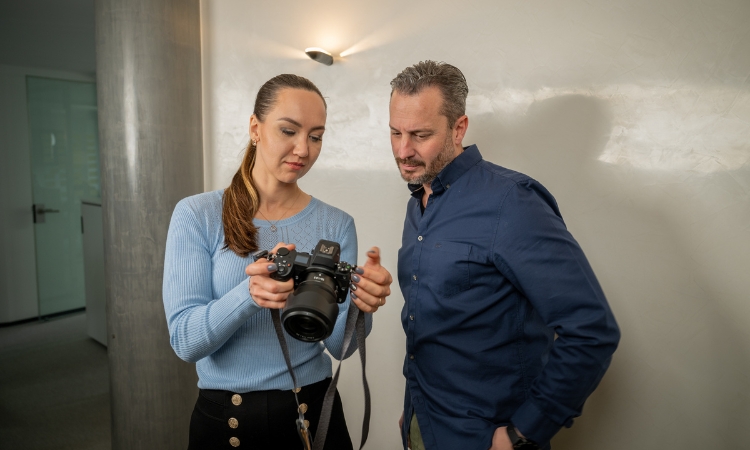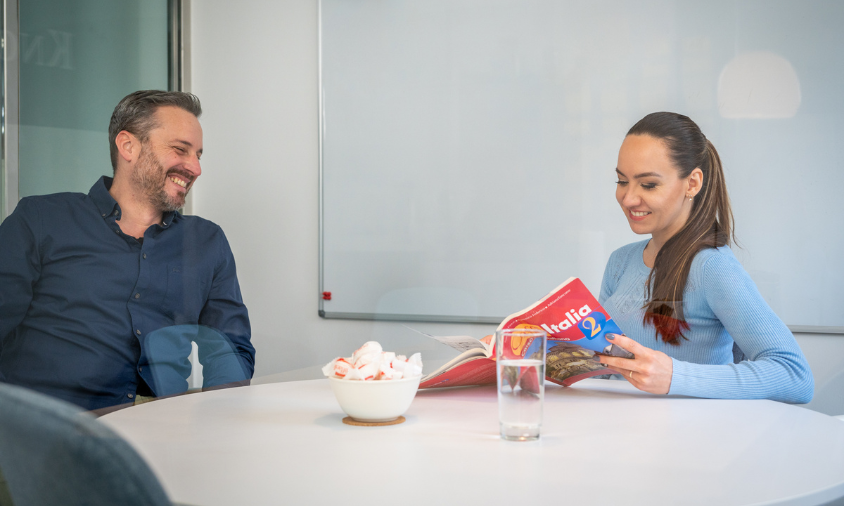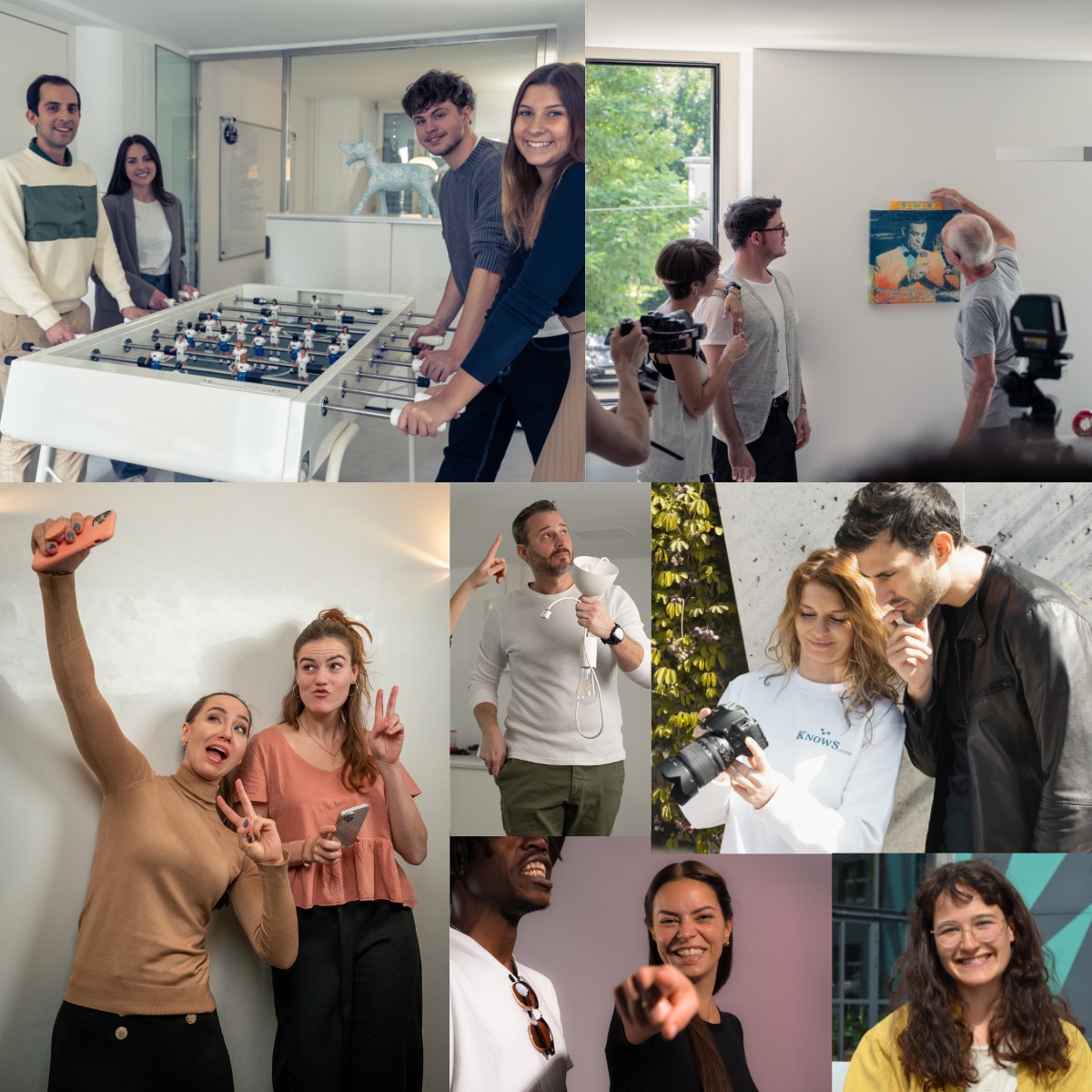
If a student is struggling to get excited about learning, it's time to try something new. A tutor can work wonders in this regard by turning learning into a fun and engaging experience. Imagine having someone who teaches you in a way that makes sense to you and sets goals that you can actually achieve. A good tutor will use materials that really grab your attention. They will create an environment where you start to think "I can do this" and not "I can't". Every little success becomes a reason to celebrate. With the help of a tutor, learning no longer feels like a chore, but like an exciting journey that you want to embark on.
Main findings
The help of a tutor can really change things. It can turn the difficult times of not understanding something into fun moments of learning new things. An interesting fact: 8 out of 10 students feel more confident after tutoring. This confidence boost is very important because it makes learning more fun and smoother. Keep learning and don't forget to give yourself a pat on the back for every little success. You have plenty of skills and with the help of a tutor you will not only learn better, but also rediscover your enjoyment of the subject matter.
Let's take math as an example. If math is giving you a headache, a one-on-one tutor can help you figure out exactly what's causing you the problems and teach you how to deal with those challenges. Soon enough, you'll not only find the right answers, but you'll understand why they're the right answers. Taking advantage of this kind of help can completely change the way you look at math lessons and give you the confidence to make lasting improvements.
With the voucher code "Welcome" you will receive 30 francs for your first booking.
You can also publish your request directly in the app. 📲
Understanding individual learning styles
Knowing how you learn best is the key to being enthusiastic about learning. We all think differently, which is why the idea of different learning styles is so important. Not everyone benefits from the same way of learning.
It's important to adapt your teaching to suit your needs. For example, if you learn best by seeing things, pictures and diagrams can help. If you need to move around to learn, a hands-on approach is better for you. A good tutor will find out what works for you and use those methods.
When learning suits your style, it's not only more effective, it's also more fun. You can empathize better with the material and find it easier to understand. This way of learning can make you feel more connected to the subject matter. The initial overwhelm can turn into a feeling of motivation.
Setting achievable goals
Setting achievable goals will keep you motivated and enjoy learning in the long term. It can help to divide the learning path into small sections that adapt to your personal learning pace. This will help you stay on track and not feel under too much pressure.
Here are some simple ways to set goals that work:
- Take small steps: Break down big goals into smaller tasks. This makes it easier to move forward without getting stressed.
- Stay within reach: Set goals that are difficult but possible. If you are realistic, you won't get discouraged and will stay motivated to keep going.
- Monitor your successes: Keep an eye on your progress. Seeing how much you have achieved can make you more confident and give you the motivation you need to keep going.
- Stay dynamic: If your goals no longer fit your needs, change them. If you are willing to adapt, you will stay interested and engaged.
If you follow these tips, you will get closer to your learning goals and enjoy them more. Now let's talk about how you can learn even better with interesting materials and how to stay motivated.
Integration of appealing materials
Clear objectives can influence your learning, but the use of fun materials can also spark your interest in a topic. Think about engaging in interactive exercises that really put you to the test. These exercises are different from the usual textbook questions - they change depending on your answers and grow with you. This means you're not just reading, you're taking part in your own learning adventure.
What would it be like if the learning material felt like it was made just for you? That's what personalized content is all about. It's tailored to your interests, your learning speed and your learning habits. It's like having a tutor who really understands you and gives you learning material that has been specially selected to pique your interest and motivation. Instead of a one-size-fits-all approach, you get a learning path that is tailored to you alone.
Promoting a positive mindset
Start getting excited about learning by thinking positively. This means that you see challenges as opportunities to get better, not just as difficult situations with the potential for frustration. This approach, known as growth mindset, is about believing that you can improve your skills with effort and perseverance, rather than believing that talents are fixed. When you adopt this mindset, you are more willing to learn and less afraid to make mistakes.
This will help you to develop a positive mindset:
- Face challenges head on: don't see difficult tasks as insurmountable obstacles, but as an opportunity to improve your work.
- Learn from feedback: If someone gives you advice on how you can improve, see it as helpful guidance and not as an attack on you as a person.
- Appreciate effort: Recognize the hard work you put into learning, even if you don't succeed right away.
- Strengthen yourself through setbacks: Find ways to improve your resilience so you can bounce back from difficulties with more determination.
Dealing wisely with your emotions is the key to a positive mindset. It's about understanding and controlling your emotions to stay motivated during difficult times. When you combine managing emotions with a growth mindset and learning to bounce back from difficult times, you are ready to turn your frustrations into a drive to succeed and turn setbacks into building blocks for your successes.
Celebration of progress and milestones
It is important to celebrate your progress. This success encourages you to keep going and tackle even more difficult challenges with enthusiasm. It's not just about praising yourself, but also about building a successful practice. The rewards you give yourself should mean something to you so that your success feels even better. For example, you could treat yourself to your favorite meal, or play video games for an extra hour - pick something you really enjoy.
It's also a good idea to keep a record of your progress. If you don't write down what you've done, you can't celebrate it. A logbook or list of completed tasks, even the small ones, will show you how much you've improved. It's about more than just ticking off goals; it's about being able to see your entire learning journey and the steps you've taken as a visual illustration of your success.
Regular and helpful feedback from your tutor is very important. This helps you to recognize where you can still improve and what progress you have already made. This kind of feedback keeps you on track, your motivation high and your learning progress on track. Celebrate every achievement and you will find that your enjoyment of learning continues to grow.
Conclusion
Individual tutoring can make a big difference. It turns the frustration of not understanding something into the joy of learning. Think about it: 8 out of 10 students feel more confident after receiving support from a tutor. Confidence is important because it makes learning easier and more fun. As you continue to learn, remember to celebrate every little success, figure out how you learn best, and keep the spark of learning burning. You have so much potential, and with a tutor to guide you, you won't just learn - you'll excel and discover new potential within yourself.


Comments
No Comments